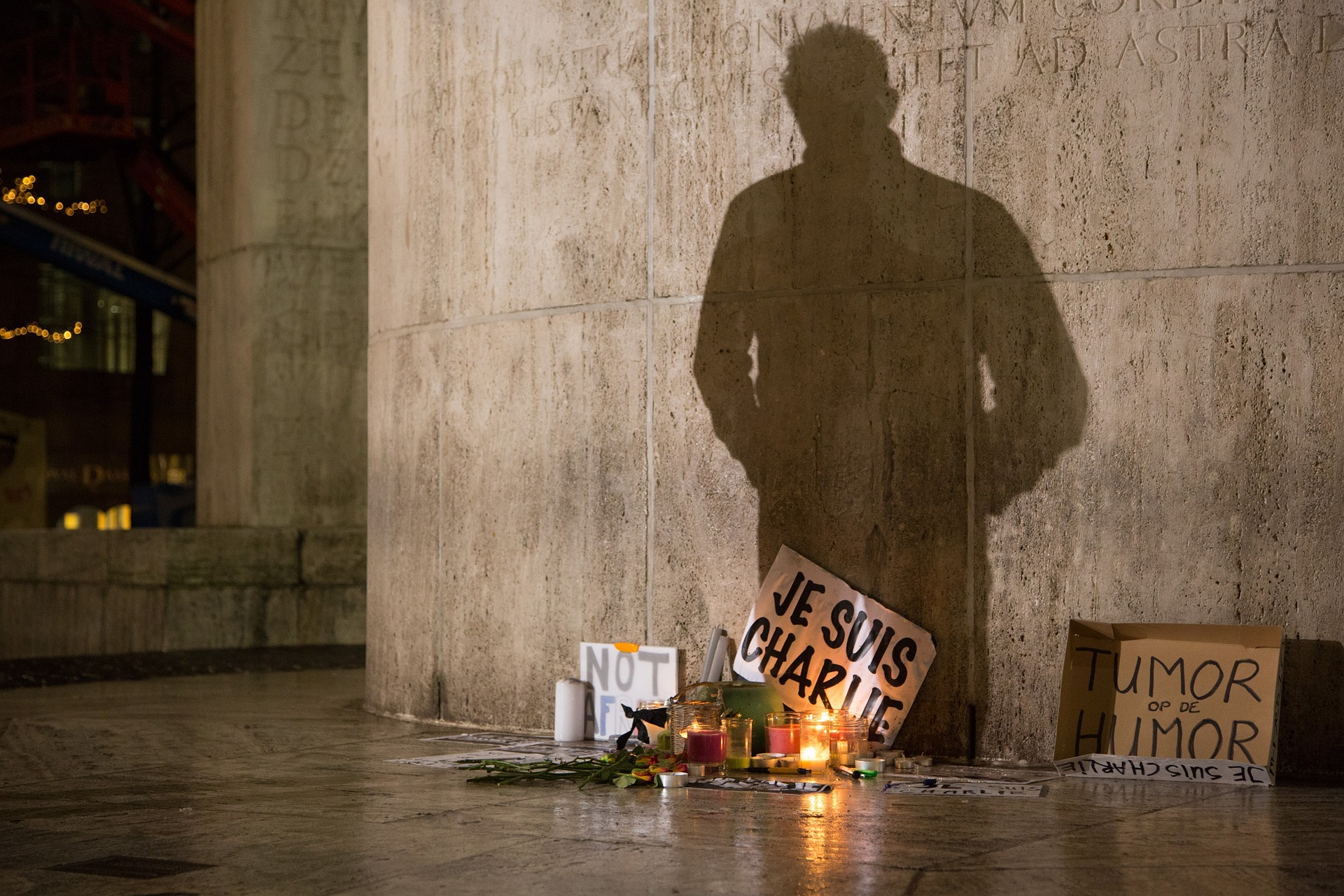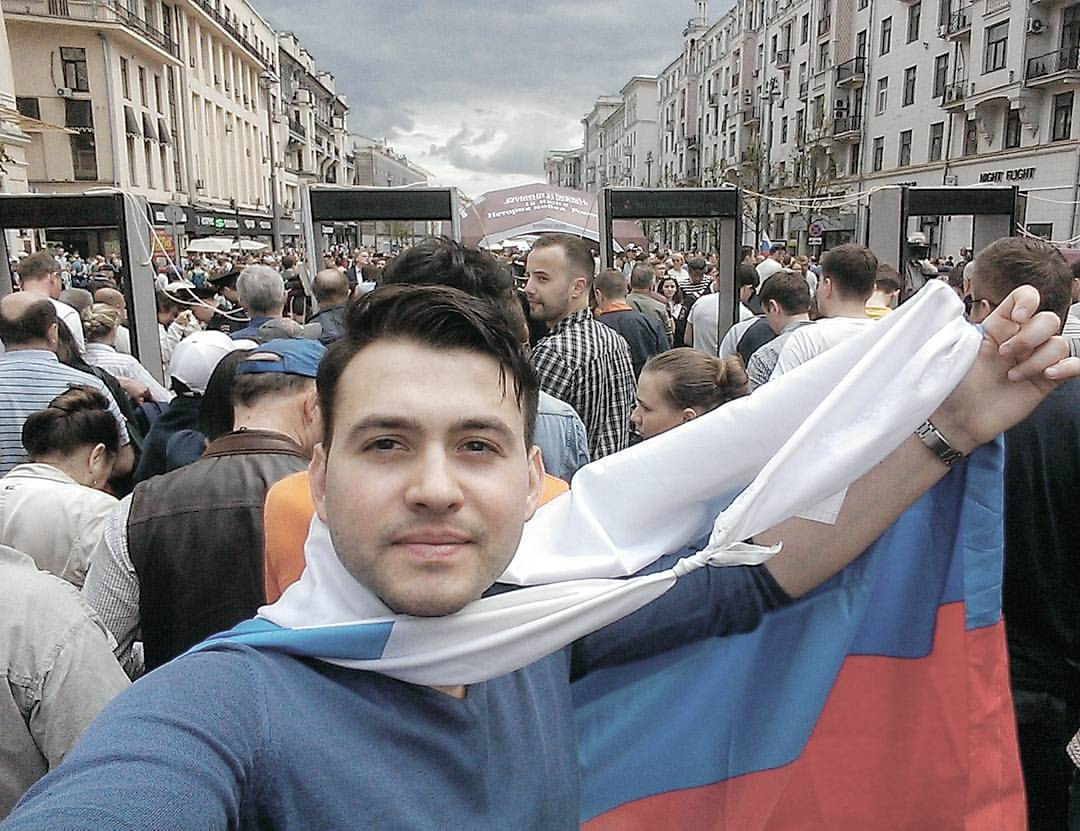Terrorism is without question an issue of global concern, and, as like most such issues, an incredible divisive one. The world has not been the same since 2001, with security specialists commonly referring to the “pre-” and “post-nine-eleven” world. The attacks in September of 2001 shook the world, and the US’ decisive and forceful reaction certainly had a profound impact on recent history. However, less frequently discussed reactions, especially back home in the US, may have had just as profound of a global impact. Tightened security and increasingly invasive measures to protect the country from a repeat of 2001’s tragedies – or at least provide a sense of security in that regard – raised the question: what does our society value more: security, or privacy?
The debate has by no means stayed confined to the United States. It is an issue of global concern and discussion, with heated opinions but also objectively powerful arguments on both sides of the controversy.
The right to privacy is a fundamental human right and is enshrined in both the United Nations’ Universal Declaration of Human Rights and in the European Union’s human rights charter. However, so is the right to personal security.
Some argue that without one, the other cannot exist. Without privacy, personal security cannot be fully ensured – often, police states are used as examples, both historic and contemporary: East Germany’s Stasi, the country’s omnipresent secret police, was responsible for crushing any threats to the ruling party. In China today, authorities apply high tech surveillance methods to ensure that only those citizens who adhere to the party line will be able to live a life of privilege, while those considered “unreliable” will face significant infringements on their rights to travel, purchase, and live a normal life by any measure, and are always at risk of being detained by the authorities on trumped-up charges.
On the contrary, without security, privacy cannot exist – without any way to avoid personal details to be public, they will inevitably be accessible to anybody who wishes to do so. Security and privacy are inseparably linked to one another.
On the contrary stands the notion that “if you have nothing to hide, you have nothing to be afraid of”. The argument goes that if a citizen is law-abiding, they have no incriminating material that could be collected about them, therefore there should be no reason for them to object against mass surveillance or penetration of their personal sphere; after all, it is only for their benefit – what will they gain from being murdered by a terrorist?
Aside from the fact that the risk of falling victim to a terrorist plot is extremely slim – far lower than that slipping and dying in a bathtub – this argument may be inherently flawed. The more data is collected, the more data can be breached and even if the initial authority in charge of the data has 100% pure intentions, there will always be parties who don’t. A treasure trove of highly personalized data on any individual’s life will attract those who seek to exploit it, whether that is an unfriendly coworker who takes issue in the smell of one’s lunch and would love to find a way to rid himself of it, or whether it is a major company trying to gain advantage over their rivals technologically or through targeted smear campaigns. What may be considered lawful and correct under one framework of consideration, such as the law of a country, may be considered wrong, unethical or incriminating by another group of people. The argument can be made that excessive data collection will not prevent terrorism; rather, it will open another front for terrorists to attack – with potentially catastrophic outcomes, should they be able to get their hands on the wealth of information that such a universal database would hold. Hacking already poses a problem with bank accounts and infrastructure of national importance – if our entire lives were digitized, what would the possibilities be – and that is not even mentioning the possibility of technical faults and errors.
This essay does not provide a definitive solution to the question whether privacy or security is more important. If that is what you were looking for, I sincerely apologize for wasting your time.
The conclusion that we can come to, however, is that both security and privacy are of fundamental importance – hence their being human rights. As with most things, swinging to either extreme can result in dangerous situations. However, as with other issues, heated debate entices people to push for these extremes; entrenching themselves in one specific mindset, they are unwilling and unable to compromise with the opposing side. Without conversation taking place, no solutions will be found, and there are only three possible outcomes: one side dominates, resulting in an extreme implementation of either maximum security, or far-reaching freedom is guaranteed with the lack of the former. Or, alternatively, neither side dominates and there is no progress in any direction, leaving both issues unaddressed and society vulnerable.
What may turn out to be the biggest threat in the short term is not terrorism or the overbearing power of the state and its institutions, but lacking dialogue.


